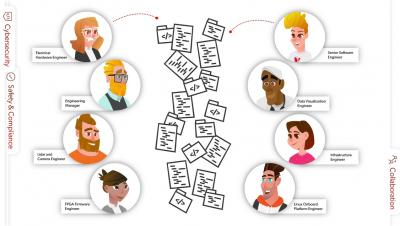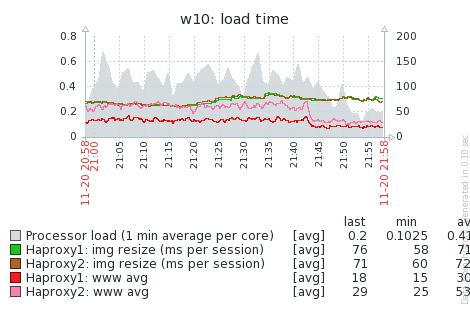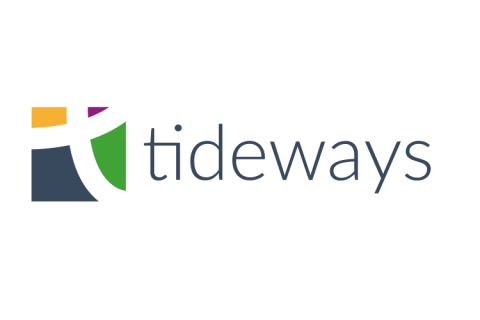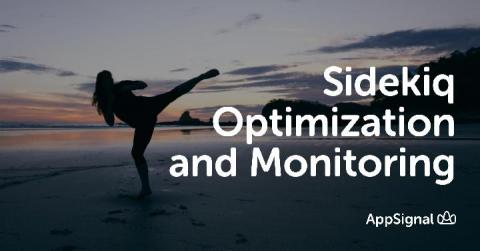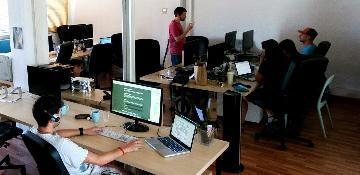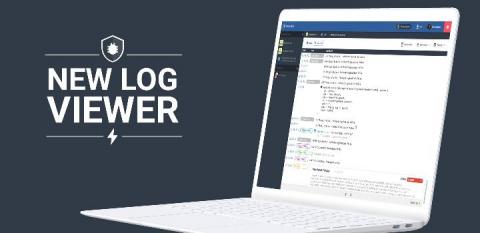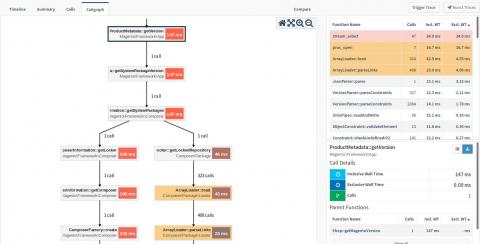Systems | Development | Analytics | API | Testing
Development
Caching with Elixir and ETS
In this post, you’ll learn how to use ETS as a caching mechanism in your Elixir applications, get familiar with different available options, and be made aware of some things to keep in mind.
Use PHP 7
Out of the proverbial, box, PHP provides decent performance. However, there are several things that we, as PHP developers and systems administrators, can do to increase its performance even further; sometimes for almost no effort. In this post, I'm going to step through five of those ways. By the time you're finished reading, you should see at least a notable increase in the performance of your PHP application. Let's begin.
Bugfender compatibility with SwiftUI and Project Catalyst
When Apple introduced SwiftUI back in July we immediately knew it was going to generate a lot of expectations. As app developers ourselves, we are very aware about the complexity of User Interface development in iOS. UI has been keeping apps especially expensive and error prone along the years. Many frameworks were created to improve this situation like ComponentKit, Texture or even React Native.
New Feature: Multiple Production Environments in Pro License
All Tideways applications with a Pro license can now create additional production Environments in addition to the one that is available by default. Configuring a second or more environments as "production" effects the retention and the traces/minute collected for these environments. By default non-production environments have just 1 day of retention and 1 trace/minute.
Sidekiq Optimization and Monitoring
We often get questions about optimizing or monitoring Sidekiq. Monitoring is kind of our game, but optimizing Sidekiq’s performance is a different ball game altogether. In reality, optimizing is complex, but let’s start by looking at the seemingly simple answers…
Bugfender Growth: from side-project to a sustainable $20k MRR business
It’s nearly five years since we started Bugfender as an offshoot of our software company Mobile Jazz. We’d gotten tired of chasing users who were experiencing problems with our apps and wanted to build an internal remote logging tool that would feed the information straight to us. It really was a garage project back then. We were running code sprints on our own time, so we wouldn’t have to dig into our savings. But we soon realized this could be much more than an internal experiment.
How Does Garbage Collection Work In PHP?
Thanks to PHP being an interpreted language and it that it has a garbage collector, PHP developers don't often have to think about memory management. Unlike developers in compiled languages, such as C/C++, we don't have to give that much thought to memory allocation and deallocation. However, it's helpful to have a broad understanding of how garbage collection works in PHP, along with how you can interact with it so that you can create high performing applications.
New Log Viewer Launched
This month we have released one of our biggest UX updates since Bugfender 2, the new viewer. We are quite excited because we have been working on it over several months, we hope you like it!
Improving Magento 2 Performance
This summer we worked together with David on the performance of a Magento 2 project and found some general improvements that the whole Magento community will benefit from.


